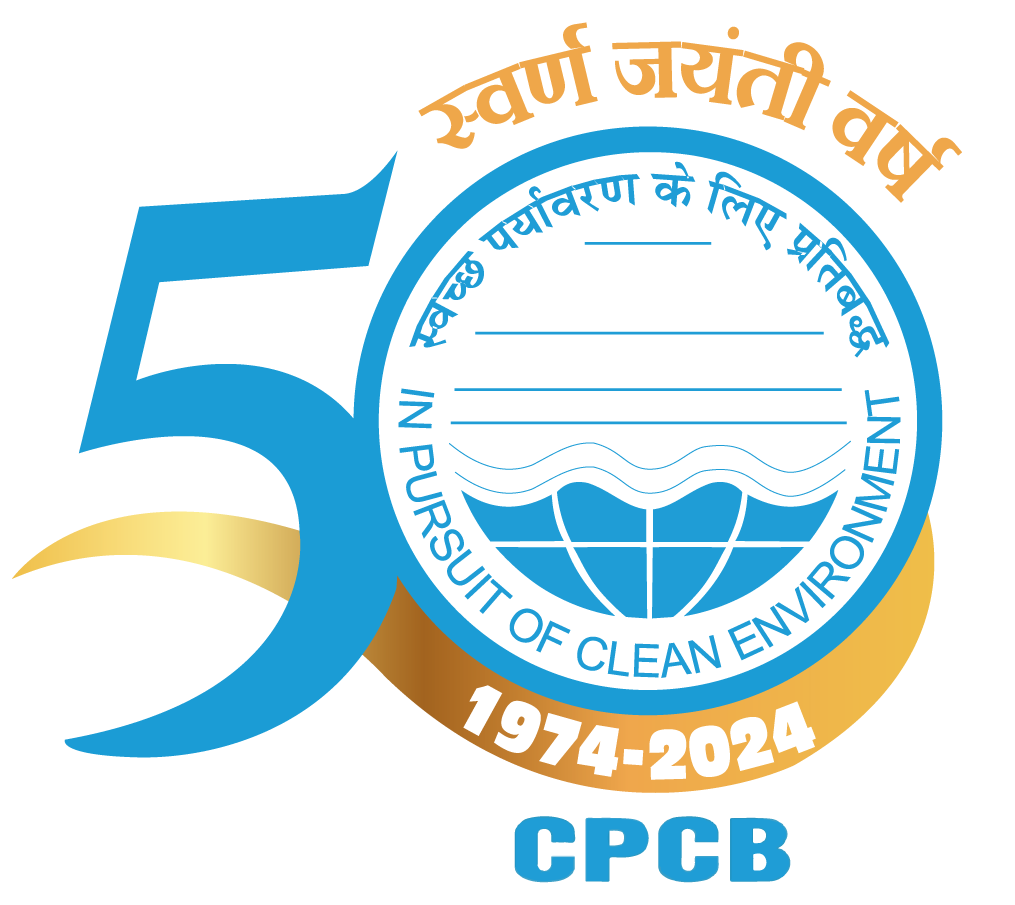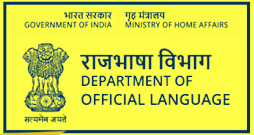Functions of the Central Board at the National Level
- Advise the Central Government on any matter concerning prevention and control of water and air pollution and improvement of the quality of air.
- Plan and cause to be executed a nation-wide programm for the prevention, control or abatement of water and air pollution;
- Co-ordinate the activities of the State Board and resolve disputes among them;
- Provide technical assistance and guidance to the State Boards, carry out and sponsor investigation and research relating to problems of water and air pollution, and for their prevention, control or abatement;
- Plan and organise training of persons engaged in programme on the prevention, control or abatement of water and air pollution;
- Organise through mass media, a comprehensive mass awareness programme on the prevention, control or abatement of water and air pollution;
- Collect, compile and publish technical and statistical data relating to water and air pollution and the measures devised for their effective prevention, control or abatement;
- Prepare manuals, codes and guidelines relating to treatment and disposal of sewage and trade effluents as well as for stack gas cleaning devices, stacks and ducts;
- Disseminate information in respect of matters relating to water and air pollution and their prevention and control;
- Lay down, modify or annul, in consultation with the State Governments concerned, the standards for stream or well, and lay down standards for the quality of air; and
- Perform such other function as may be prescribed by the Government of india.
Functions of the Central Board as State Boards for the Union Territories
-
Advise the Governments of Union Territories with respect to the suitability of any premises or location for carrying on any industry which is likely to pollute a stream or well or cause air pollution; Lay down standards for treatment of sewage and trade effluents and for emissions from automobiles, industrial plants, and any other polluting source; Evolve efficient methods for disposal of sewage and trade effluents on land; develop reliable and economically viable methods of treatment of sewage, trade effluent and air pollution control equipment; Identify any area or areas within Union Territories as air pollution control area or areas to be notified under the Air (Prevention and Control of Pollution) Act, 1981; Assess the quality of ambient water and air, and inspect wastewater treatment installations, air pollution control equipment, industrial plants or manufacturing process to evaluate their performance and to take steps for the prevention, control and abatement of air and water pollution.
As per the policy decision of the Government of India, the CPCB has delegated its powers and functions under the Water (Prevention and Control of Pollution) Act, 1974, the Water (Prevention and Control of Pollution) Cess Act, 1977 and the Air (Prevention and Control of Pollution) Act, 1981 with respect to Union Territories to respective local administrations. CPCB along with its counterparts State Pollution Control Boards (SPCBs) are responsible for implementation of legislations relating to prevention and control of environmental pollution.

















